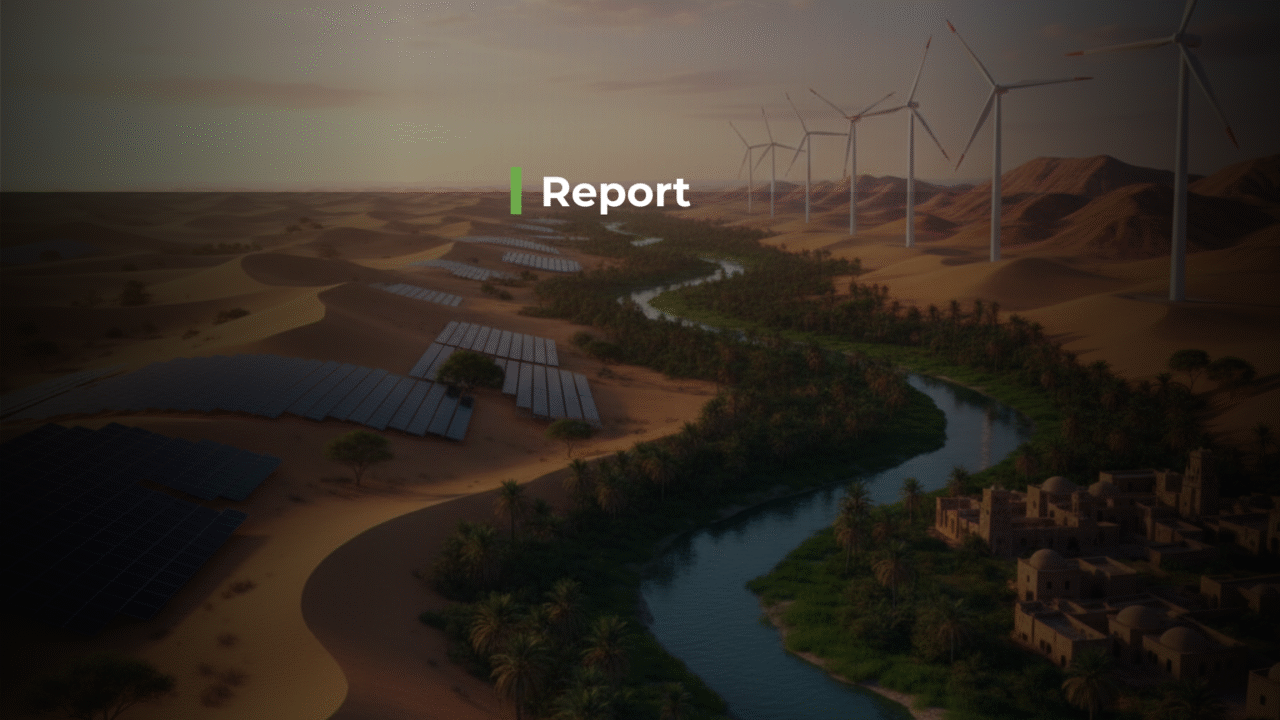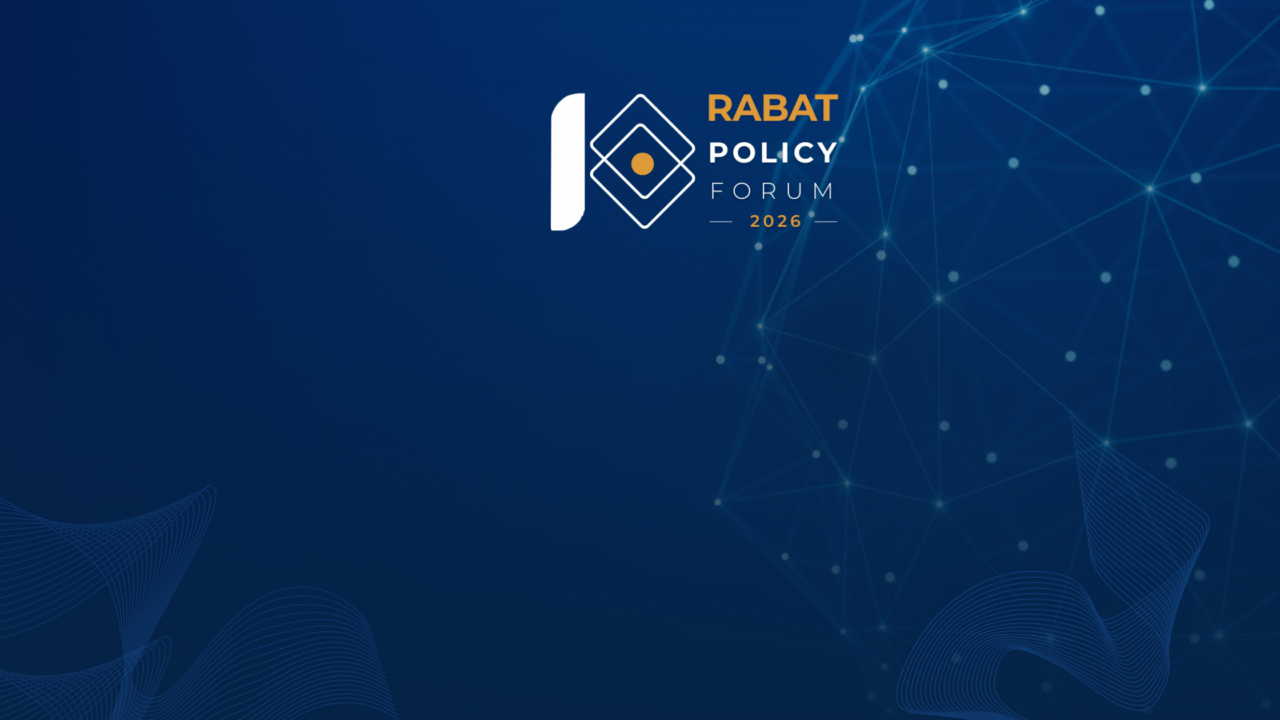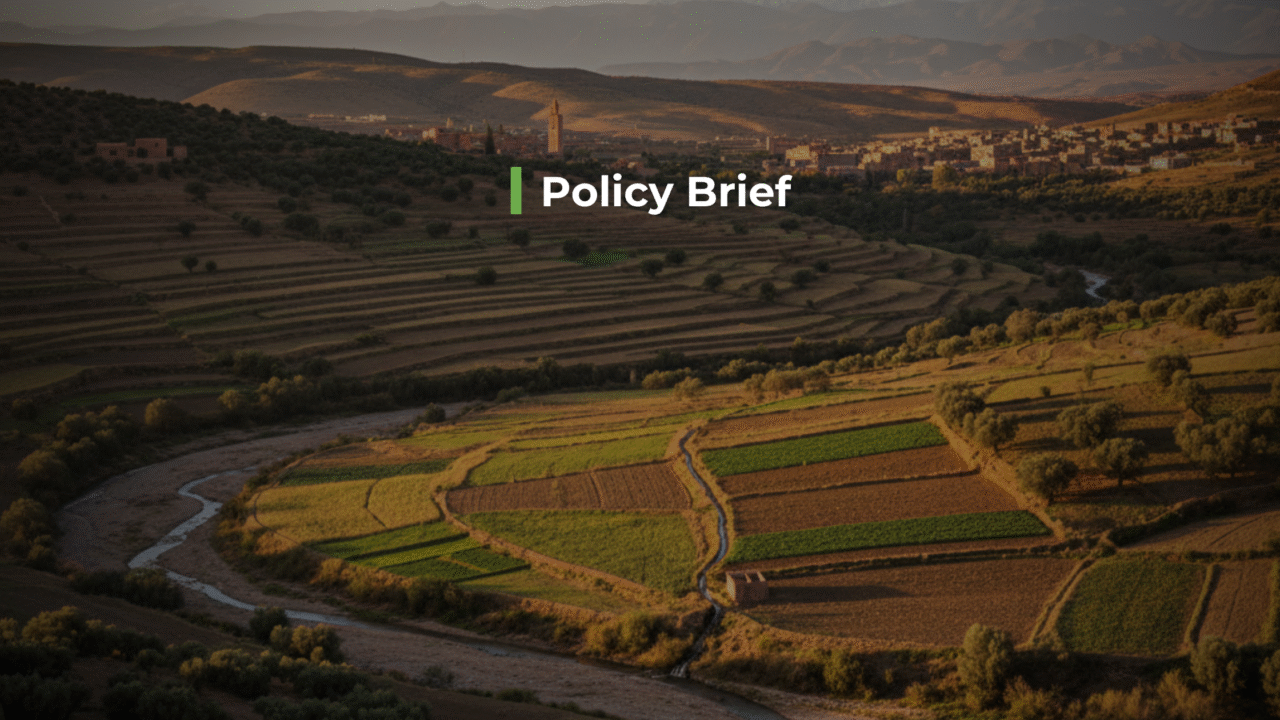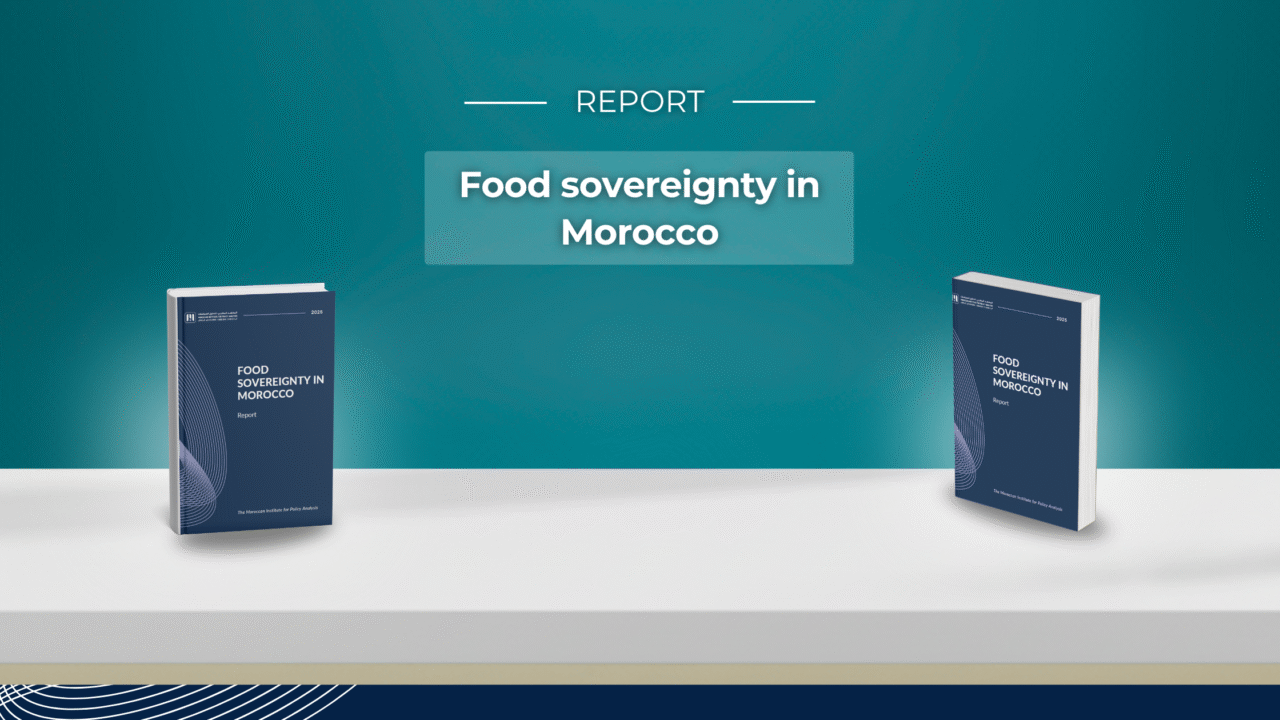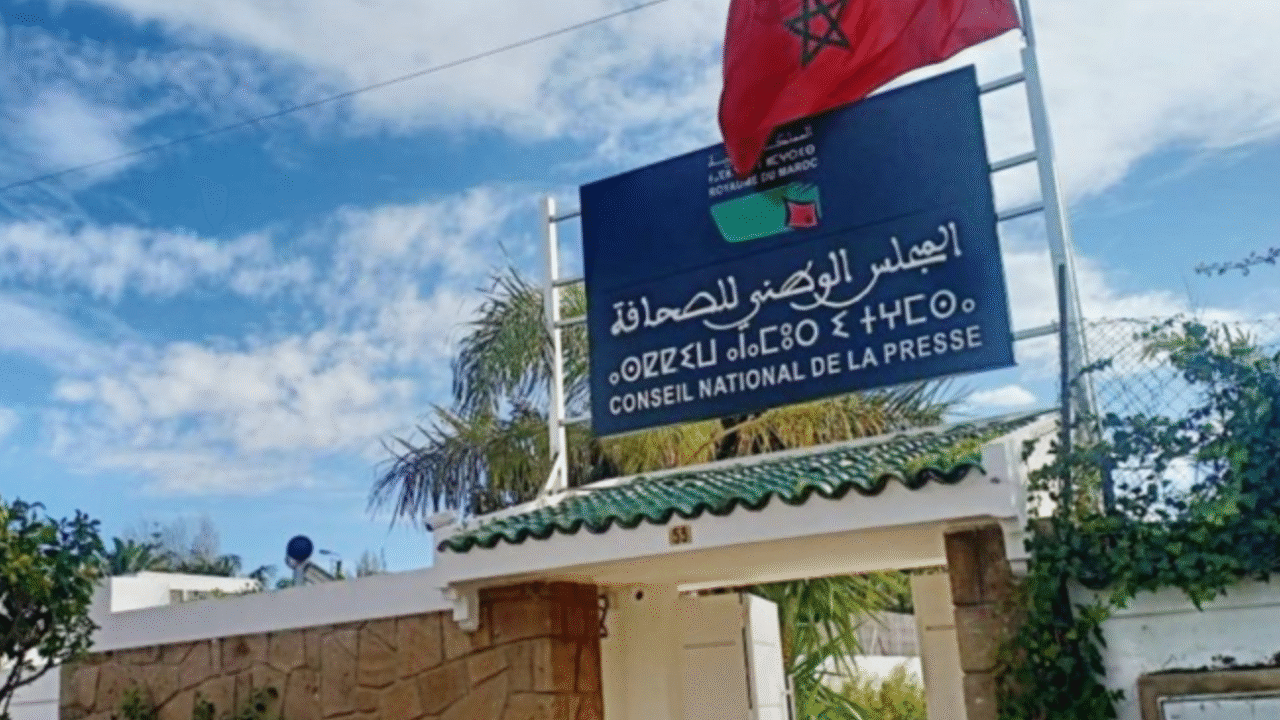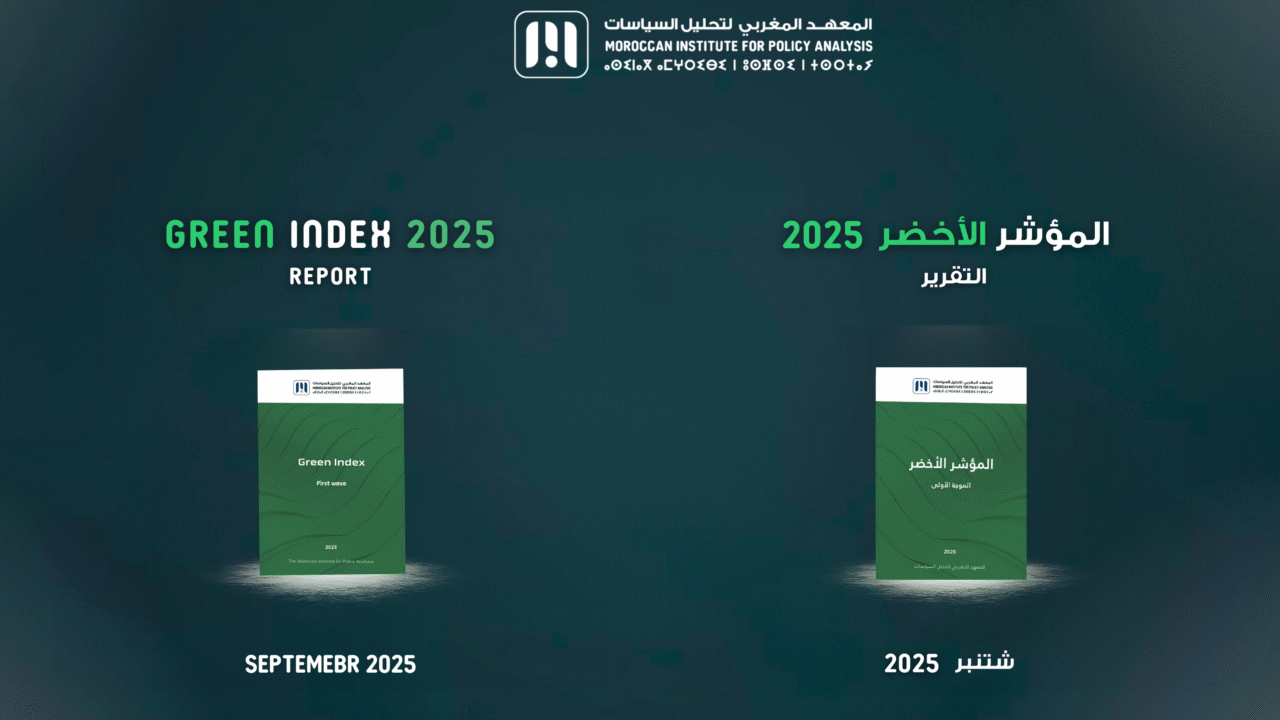Sustainable Energy Futures: The Role of Civil Society in the MENA Region
Sustainable Energy Futures: The Role of Civil Society in the MENA Region Report Produced by the Moroccan Institute for Policy Analysis and authored by Dr. Karim Choukri, this report examines the energy transition in the Middle East and North Africa (MENA) region, with a focus on the role of civil society in advancing sustainable and inclusive energy systems. The analysis is based on policy review, official data, and comparative case studies from across the...

